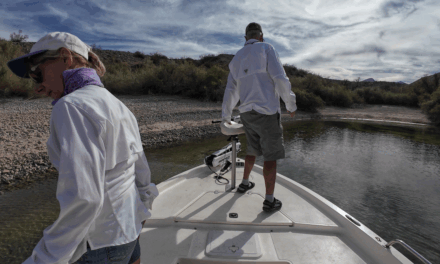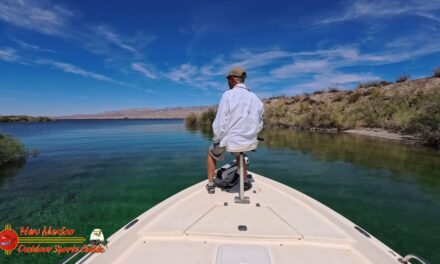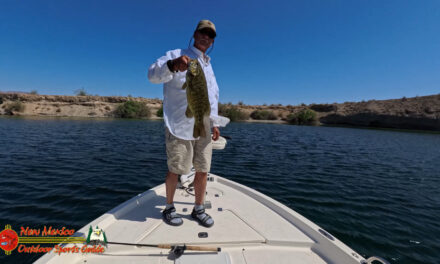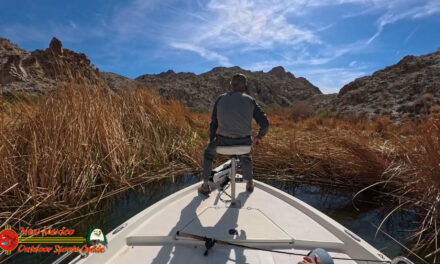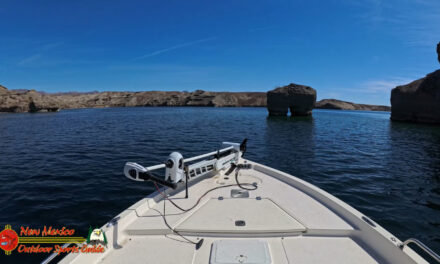AUSTIN, Texas – There was a time not long ago when Texas bass were small and ended up battered and fried alongside catfish and bluegills. Phil Durocher had a hand in taking bass off the dinner table and putting a national spotlight on quality largemouth fishing in Texas.
– Lake Mohave
During his 35-year career with the Texas Parks and Wildlife Department, Durocher has been a key player in a conversion of bass fishermen from consumptive users to recreational anglers. Catch and release fishing.
“The biggest change, and it doesn’t seem that significant now but it was then, was when we made a change with bass from a consumptive resource to a recreational resource,” said Durocher, who retires from the department at the end of the year. “It was the only way we could ensure bass fishing for the future.”
As director of TPWD’s Inland Fisheries Division during the last 18 years, Durocher has also led a cultural change in fisheries management in Texas.
“People forget, we used to have nets in our rivers,” he recalled. “We got permission to bring grass carp into the state to help landowners address aquatic vegetation problems.”
Durocher began his career with the department in 1974 as a research systems analyst in the Data Processing Division. He transferred to the Inland Fisheries Division as a research analyst in 1977, where he helped develop the standardized Resource Monitoring Program still being used today.
From 1984 to 1991, Durocher worked as the director of fisheries management for Inland Fisheries and during that time many of the length and bag limits still used today were implemented. The 14-inch minimum size limit on bass, the current statewide standard, made the black bass a sport fish in Texas, and dramatically changed the face of bass fishing in Texas and the rest of the nation.
“Because of Phil Durocher, Texas is viewed on a national level as the gold standard in freshwater fisheries management,” said Ross Melinchuk, TPWD deputy executive director. “His leadership and commitment to fisheries conservation helped guide Texas through some tough battles and the anglers of Texas owe him a debt of gratitude.”
Durocher has also been a mainstay in two major initiatives: the creation of the Texas Freshwater Fisheries Center in Athens, and the passage of the Freshwater Fisheries Stamp Legislation during the 78th Legislative Session. The monies from that stamp are being used to update the freshwater hatchery system, including the new John D. Parker East Texas State Fish Hatchery.
“The little part I played in building the national reputation of Texas’ program, that’s what I’m proud of,” he said. “The battles we fought were hard but the people coming after us are going to have tougher battles, particularly with water allocation issues. The population is growing and we don’t have any more water. To maintain the fishery is going to be difficult, but we have dedicated professionals and some passionate supporters, so I feel good about leaving with a solid foundation to face the road ahead.”
– Lake Mohave


